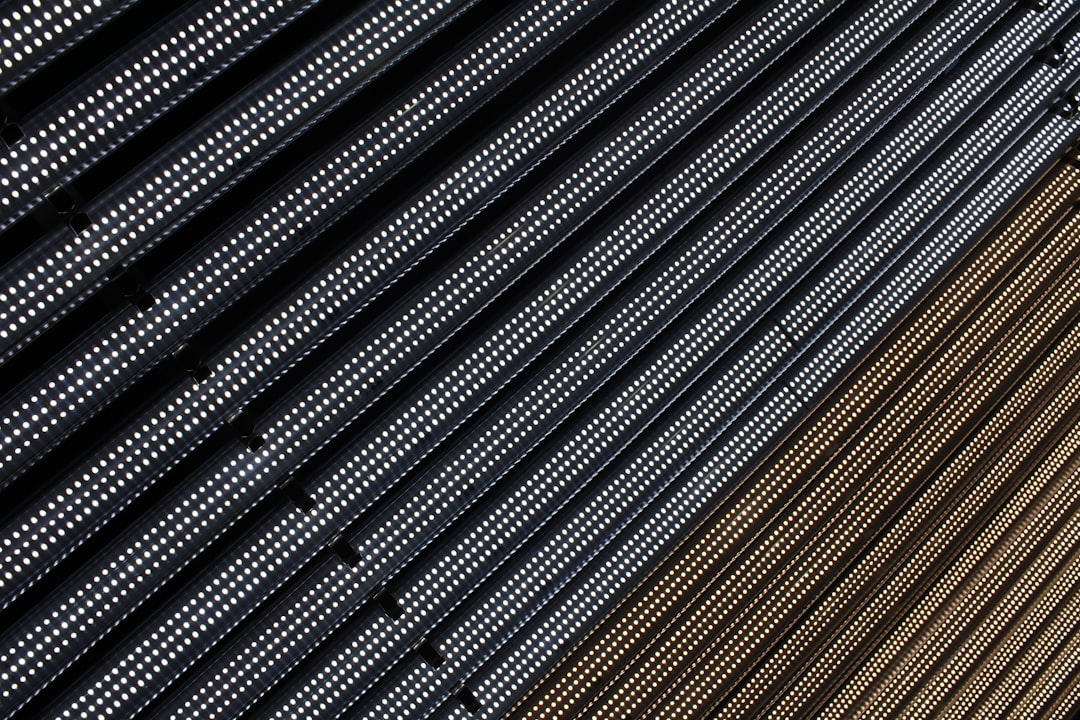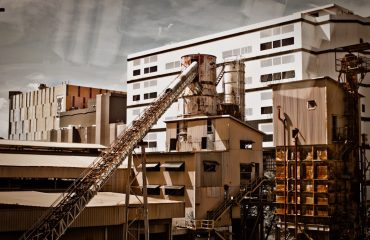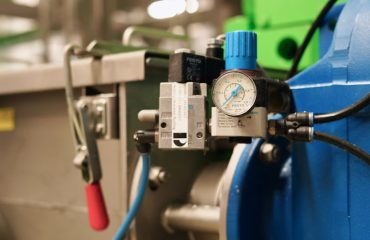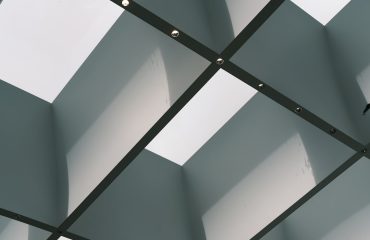The world of infrastructure and industrial piping is constantly evolving, driven by the need for stronger, lighter, and more durable materials. Enter carbon fiber-coated steel pipes – a revolutionary advancement combining the inherent strength of steel with the exceptional properties of carbon fiber. This innovative solution offers a compelling alternative to traditional steel pipes, significantly enhancing performance and longevity across diverse applications.
Unveiling the Superior Strength of Carbon Fiber-Coated Steel Pipes
The core advantage of carbon fiber-coated steel pipes lies in their enhanced strength-to-weight ratio. Steel provides the foundational structural integrity, while the carbon fiber coating acts as a reinforcement layer, dramatically increasing tensile strength, compressive strength, and resistance to bending and buckling. This combination results in pipes that are significantly stronger than their steel-only counterparts, yet often lighter, making them easier to transport and install. The carbon fiber’s high modulus of elasticity further contributes to the pipe’s resilience against deformation under pressure.
Enhanced Corrosion Resistance: Protecting Against the Elements
Corrosion is a major concern for steel pipes, particularly in harsh environments. The carbon fiber coating acts as a protective barrier, significantly reducing the pipe’s exposure to corrosive agents like moisture, chemicals, and saltwater. This enhanced corrosion resistance extends the lifespan of the pipes, minimizing maintenance costs and reducing the environmental impact associated with pipe replacement. The specific type of resin used in the carbon fiber composite also plays a crucial role in determining the level of corrosion protection offered.
Manufacturing Process: A Blend of Precision and Innovation
The manufacturing process of carbon fiber-coated steel pipes involves a series of precise steps. Initially, the steel pipe is thoroughly cleaned and prepared to ensure optimal adhesion of the carbon fiber composite. The carbon fiber material, often pre-impregnated with resin (prepreg), is then carefully wrapped around the steel pipe using specialized machinery. This process often involves multiple layers to achieve the desired thickness and strength. The wrapped pipe is then cured under controlled temperature and pressure to solidify the resin and create a strong, monolithic structure. Quality control measures are implemented throughout the process to ensure consistent quality and performance.
Diverse Applications: Where Strength and Durability Meet Demand
The exceptional properties of carbon fiber-coated steel pipes make them suitable for a wide range of applications. These include:
- Oil and Gas Industry: Transporting high-pressure fluids and gases in challenging environments.
- Chemical Processing: Handling corrosive chemicals and demanding process conditions.
- Water Management: Improving the durability and lifespan of water pipelines, particularly in areas prone to corrosion.
- Infrastructure Projects: Constructing stronger and more resilient bridges, tunnels, and other large-scale structures.
- Aerospace and Automotive: Used in specialized applications requiring high strength and low weight.
Cost-Effectiveness: A Long-Term Investment in Reliability
While the initial cost of carbon fiber-coated steel pipes may be higher than traditional steel pipes, the long-term cost-effectiveness is undeniable. Their enhanced durability and resistance to corrosion significantly reduce maintenance and replacement costs over the pipe’s lifespan. The reduced weight also lowers transportation and installation costs. Furthermore, the extended service life translates to lower overall lifecycle costs, making them a financially sound investment for long-term projects.
In conclusion, carbon fiber-coated steel pipes represent a significant advancement in piping technology. Their superior strength, corrosion resistance, and diverse applications make them a compelling choice for various industries seeking enhanced performance and longevity. While the initial investment might be higher, the long-term benefits in terms of reduced maintenance, extended lifespan, and overall cost-effectiveness make them a worthwhile investment for a more resilient and sustainable future.
Tags: carbon fiber pipes, steel pipes, composite pipes, corrosion resistant pipes, high-strength pipes




